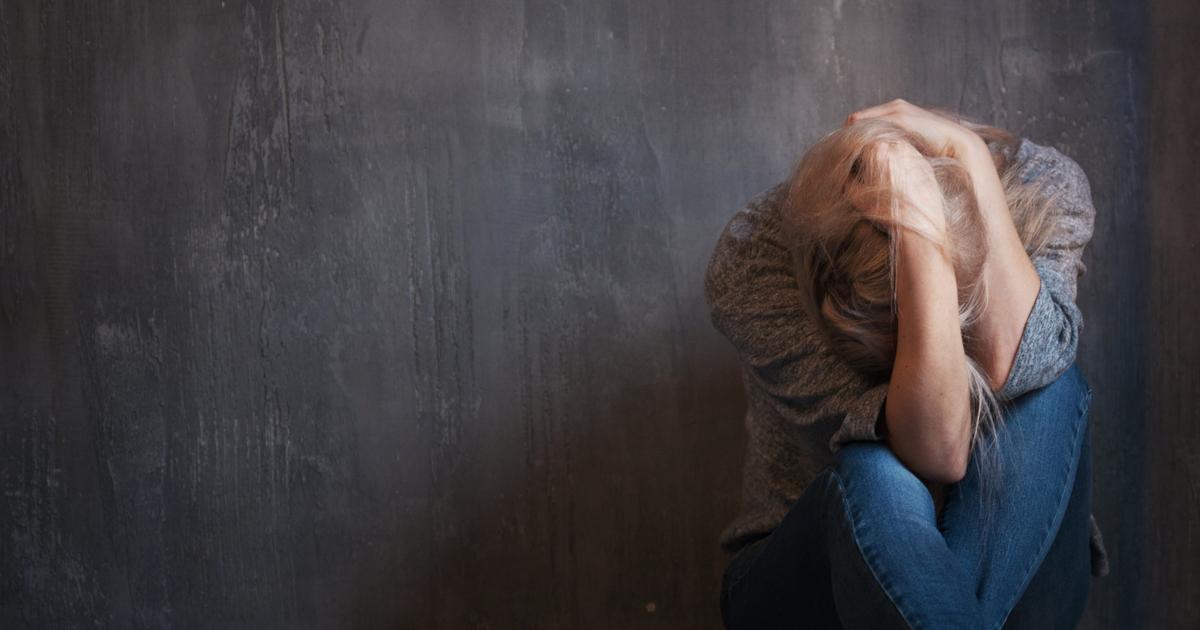Roberto Baschetti remembers Guillermo Abel Gómez, the first Argentine to die in the country, in the microdocumentary.
On March 7, Guillermo Abel Gómez, 64, died of coronavirus at the Argerich hospital in Buenos Aires.
He was infected in France, the country where he remained in exile for almost four decades and to which he returned in February to meet his newborn granddaughter.
Gómez was the first fatality of covid-19 in Argentina, but his closest environment recalls that behind this statistical data there was a great fighter, who is honored in the series of micro-documentaries
People, not numbers
, along with other Argentines who died from the same cause, like the saxophonist Marcelo Peralta, who died in Spain, or Gustavo
Checha
Mallo, in Milan.
The idea was born when director and publicist Jorge Ponce Betti saw Lucía Gómez, Mallo's girlfriend, interviewed on television.
"I'm going to tell how it all started and clarify who Gustavo was, so that he is not remembered as the Argentine who died in Italy," Gómez said in front of the cameras.
Betti contacted his colleague Andrés Brenner and later they added Anahí Sinatra.
The three are part of a team of almost thirty people in which editors, post-producers, researchers, artists, producers and psychologists also participate.
The micro-documentaries are made from the zoom conversations with family, friends or relatives of the deceased.
“There is no script, we work on it very spontaneously.
We get to know the person as we hear about them ”, says Betti.
The director gives as an example the case of Iván Chamorro, who died in Spain, who they learned was a fan of the Uruguayan singer-songwriter Rubén Rada: “That led us to connect with Rada to see if he could sing the song he liked and all that material it is generated from what we hear ”.
Peralta is remembered by musical icons such as American jazz pianist and composer Herbie Hancock and Argentine Litto Nebbia, who produced an album for him.
Material rescued from oblivion
Each piece is illustrated with material contributed by the interviewees.
Key to Gómez's history were the photographs and videos saved from destruction by the sociologist and historian Roberto Baschetti in the 1970s.
"Many people burned, disposed of material, buried, shredded, whatever you can think of, and I with that unconsciousness of 20 years and also with the idea that I really liked history, when I knew someone was going to do That, for a logical question, to save his life or not to go to prison, I told him: 'Wait', I'm going to look for him at your house. '
That is how I began to gather material and more material, and of course later I hid it in a place where no repressive force would find it ”, Baschetti details.
“Guillermo was from a working family, his father worked in the Municipality and he worked as a garbage collector,” Alicia Vázquez, his friend and partner in the Villero Peronista Movement organization, recalls him in the micro-documentary between 1973 and 1975. They both served together in this organization linked to Montoneros and pioneer in the defense of the living conditions of the inhabitants of the poorest neighborhoods in Argentina.
“They had achieved a kind of organized community.
Asphalt, pipes, sheets so that it does not rain more inside than outside… Things that are normal for any of us, middle class, were conspicuous by their absence and had to be done ”, says Baschetti.
In 1975, the year before the coup, Gómez and his partner, Nelly, pregnant, were kidnapped and tortured by the paramilitary organization Alianza Anticomunista Argentina (Triple A).
His friend Luis Contreras regrets having been late to notify them and even more so when he heard from the neighbors that Nelly had been taken out of the house "with a rope around her neck and they hit her with rifle butts in the belly."
They released her two weeks later, badly beaten, in a clearing, and Gómez “had his nails and teeth pulled out and thrown into the Riachuelo so that he died.
He manages to reach the shore and comes into contact with village priests who save him, protect him, hide him, cure him and manage to get him to France ”, explains Ricardo Zambrano, friend and companion in exile.
With the help of the Church they managed to flee as refugees to France and little by little to rebuild their lives.
First, with strenuous and poorly paid jobs and little by little, better.
“She got a job as an ordinance in what would be the mint here,” says Baschetti.
"There he spoke with everyone, he was trying to solve problems, ideas and they ended up electing a local union delegate to defend the interests of the workers," he says.
The comrades who remained in Argentina resumed contact with Gómez last year, when he had already settled after his return to the country in 2014. Some, like Contreras, were present in his last days and relate the mistreatment he received as one of the first covid-19 patients in Argentina.
After waiting in vain for an ambulance, Contreras carried him over his shoulder and carried him slowly down the stairs to put him in a taxi and take him to the hospital.
“At the Argerich, a security man lent us a chair because he couldn't stand.
We were there for four and a half hours, they put a respirator on him and he didn't come out anymore ”, laments his friend.
The micro-documentaries serve as a tribute to the deceased and also help in the farewell that was not possible in person, due to the funeral protocols for Covid-19 that govern Argentina, where this disease has claimed 11,667 lives to date.
“We are all immersed in the pandemic and we lack the presence of others.
Then a death, which is the absolute lack of the other, is where you feel most ”, says Juan Walsh, one of the psychologists who is part of the containment team of the
People, not Numbers project,
“ At wakes a tribute is made, They talk about the benefits of that person, the beautiful things, the circumstances of the death are related to the relatives who were not there ... And all that in this context is missing.
For some this project becomes a kind of closure ”.









